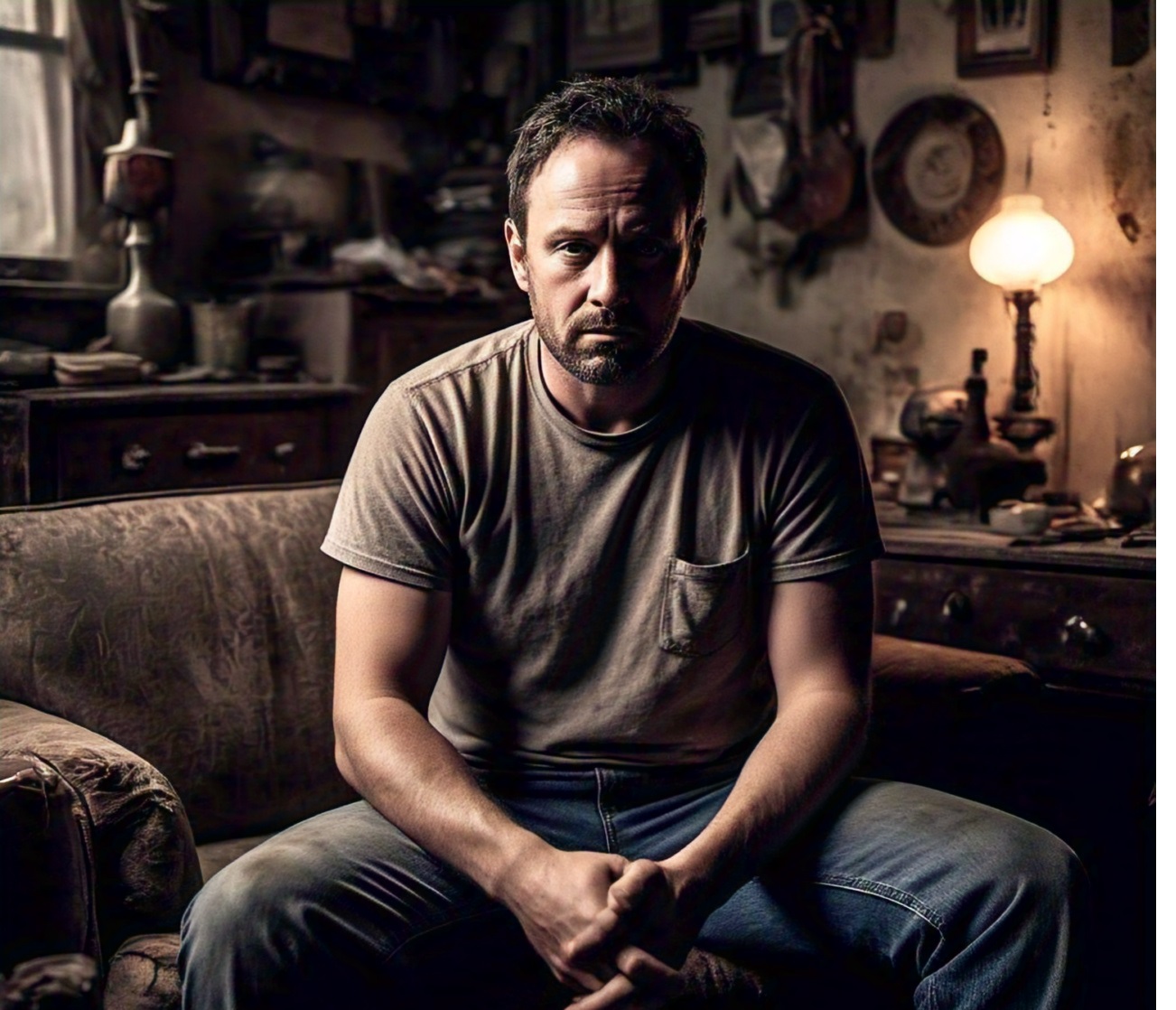Never attribute to malice what can be adequately explained by ignorance or error.
Hanlon’s Razor
You know sometimes misunderstanding can feel like betrayal. Seems like someone ignores your message, a friend disappoints you, a co-worker undermines your effort, a stranger’s words sting more than they should, and many times for some people their minds rush to the harshest explanation “They did that on purpose.”
But what if they DID NOT? What if what feels like personal offense is often just human limitation, distraction, ignorance, fear, or weakness?
And this is the wisdom behind Hanlon’s Razor, a principle that reminds us: Most people are not evil, they are just imperfect. It is a lesson both philosophy and faith have tried to teach us for centuries. And I would love for us to look at this through different lenses.
The Stoic Lens: People Don’t Know What They Do
Marcus Aurelius begins Meditations by reminding himself each morning that he will meet “the ungrateful, arrogant, deceitful, envious, and unsocial.” Yet he does NOT do this to harden his heart; he does it to prepare it. He reminds himself that people act this way “out of ignorance of good and evil.”
In other words, they do NOT know any better, not truly. Their flaws are often unchosen, their habits inherited, and their awareness limited. To take offense at them is like taking offense at a child for stumbling while learning to walk. Stoicism teaches that when someone wrongs you, the wise response is not anger but understanding; it does not mean you excuse the behavior; it means you see through it, to the pain, confusion, or fear beneath it, and it is very very much precisely that shift in perspective does NOT make you weak; it makes you free.

The Psychological Lens: Our Bias Toward Blame
Psychologists call it the fundamental attribution error, our tendency to assume others’ mistakes reflect their character, while ours come from circumstance.
When we arrive late, it is because traffic was bad, but when others arrive late, it is because they are careless. We personalize what is NOT personal, and we see malice where there is only human disorder, disarray, clutter, untidiness, shambles, chaos, and mess.
This bias, when left unchecked, breeds resentment and self-righteousness; the silent poisons of relationships. But if and when we pause, question our assumptions, and extend empathy, something softens in us. We stop living as perpetual victims of others’ flaws and start living as stewards of our own peace.
The Christian Lens: Grace in the Face of Imperfection
When Jesus was hanging on the cross, He looked at those who mocked, betrayed, and abandoned Him and said: Father, forgive them, for they know not what they do.
That is one of the highest forms of awareness, to see beyond behavior into blindness. It is divine empathy; the ability to love not because people deserve it, but because God is love and as He is, so are you in this world.
The Christian call to forgiveness is not naivety; it is deeply perceptive. It recognizes that sin, ignorance, and pride are diseases of the soul, and that healing begins when someone chooses not to repay an eye for an eye, injury with injury.
To forgive, to assume less malice, is to imitate Christ’s heart: One that sees humanity’s brokenness and responds with mercy instead of retaliation.
When It Still Hurts
Of course, understanding does not always erase pain. When people let you down, it still hurts. Boundaries are still needed, and accountability still matters. But the inner work is this: Do NOT let hate and bitterness take root. Do NOT give your peace to someone else’s imperfection, and do NOT turn others’ ignorance into your resentment.
You can hold someone accountable and still hold on to your peace; you can walk away and still wish them healing, and you can feel pain and still choose patience.
Because in the end, most of the time; it is not about you; it is about what the other person has NOT yet learnt, has NOT yet healed, and has NOT yet seen.
The Higher Road
Every time you resist the urge to assume the worst, you practice the discipline of wisdom. Every time you choose empathy over anger, you align with something eternal. And every time you forgive what could have made you bitter, you mirror the very heart of God.
Read Also: Why Refusing Hate is The Strongest Stand You Can Take
Read Also: Friendship, Failure, and Forgiveness: A Lesson in Humility
Read Also: From Demanding Better to Becoming Better: The True Path of Self-Respect
Conclusion
In a world that is quick to judge and slow to understand, choosing not to attribute everything to malice is an act of quiet strength, I would that it is an act of stillness. It is emotional intelligence in action. It is moral maturity and it is faith in practice.
When we stop assuming the worst in others, we stop poisoning our heart, soul, mind, body and peace with unnecessary resentment. We learn to respond, not react! To discern, not condemn! To guard our hearts without hardening them!
Philosophy calls it wisdom. Psychology calls it empathy. Scripture calls it grace, and together, they all point toward the same truth; that peace of mind comes not from controlling people, but from understanding them.
So when others fail you, disappoint you, or frustrate you, remember: Most of the time, it is not malice; it is human limitation. And when you respond with patience, forgiveness, and compassion, you are not excusing them; you are elevating yourself. Because real strength is not proven in how we treat the good, but in how we respond to the flawed, and in that, we reflect both the wisdom of the Stoics and the heart of Christ.
So the next time someone disappoints you, remember: It might not be malice; it might just be their humanity showing, and your response is yours.
Who has recently hurt or frustrated you and could you be assuming malice where there is simply weakness or ignorance? How might seeing them differently free your heart to heal?





